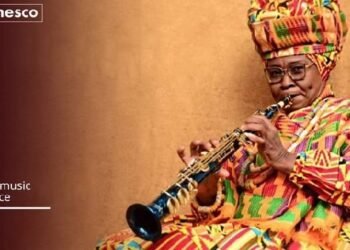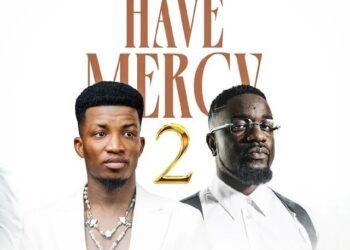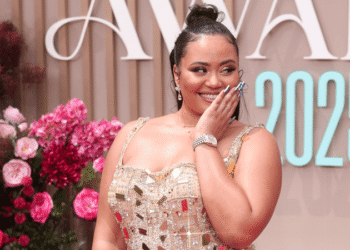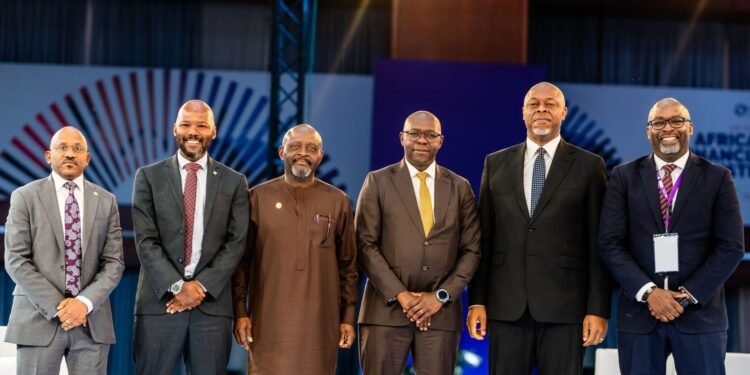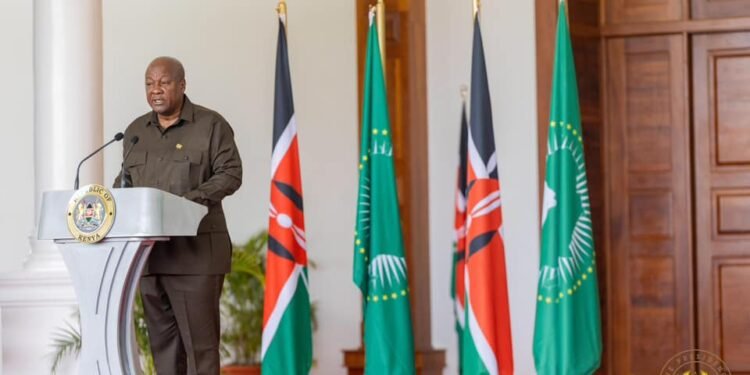In the digital age, YouTube has become a global stage for talent discovery and content monetization.
For African creatives—filmmakers, musicians, comedians, animators, and storytellers—this platform has opened doors previously locked by geography, gatekeeping, and capital constraints.
But as many rush to upload, share, and monetize on YouTube, a bigger question emerges: Is YouTube enough? And more importantly, is it the best long-term strategy?
The answer, increasingly, is no. Although YouTube offers visibility and a low barrier to entry, its algorithm-driven model and monetization limitations mean African creatives must aim higher and think bigger—toward ownership, diversification, and building ecosystems that serve Africa’s creative potential from within.
For rising filmmaker Big Ghun, YouTube may serve as a launchpad but not the ultimate destination, as he insists that Africa’s filmmakers must look beyond a single platform for distribution if they want lasting success.
The Africa Magic Viewer’s Choice Awards (AMVCA) winner and rapper, who has waded into the ongoing YouTube debate, argues that African cinema is bigger than the platform and urges creatives to move beyond the argument altogether.
Big Ghun, real name Nicholas Tetteh Nartey, stressed that YouTube should be seen as one of many tools—not the ultimate solution.
“YouTube gives young filmmakers a chance to start, to build an audience, to learn and gain experience in the industry. Its standards are less rigid than premium platforms, which makes it perfect for fresh talent. But not every project belongs there, although some films perform very well on a free-to-view platform like it. That’s why we need to stop limiting the African film conversation to YouTube alone.
“Filmmakers must consider their vision and goals when selecting a distribution platform. The platform is one of the many channels of distribution available to filmmakers, and I believe it serves its purpose well for those who choose it. I believe talks about YouTube’s potential limit of the African film industry, and we should move beyond such discussions.”
Big Ghun
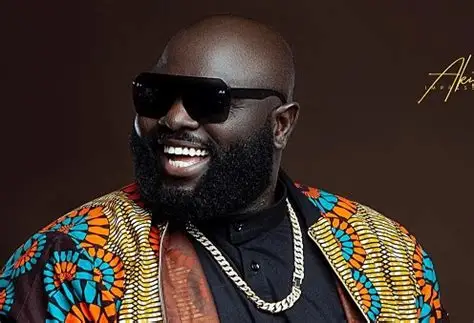
YouTube’s appeal is obvious: it’s free to use, globally accessible, and home to billions of users. African creators have used it to launch careers, reach diasporic audiences, and tell authentic stories.
Channels like Mark Angel Comedy (Nigeria), The WaJesus Family (Kenya), and Wode Maya (Ghana) have gained millions of subscribers.
However, success on YouTube is precarious. Monetization is heavily tied to ad revenue, which depends on views, region-specific CPMs (cost per mille), and algorithmic visibility.
Creators in Africa often earn significantly less per view compared to their counterparts in the U.S. or Europe.
Additionally, YouTube’s policies and content moderation are outside the creator’s control, meaning a channel is demonetized, flagged, or deplatformed without recourse.
Why African Creatives Must Think Bigger
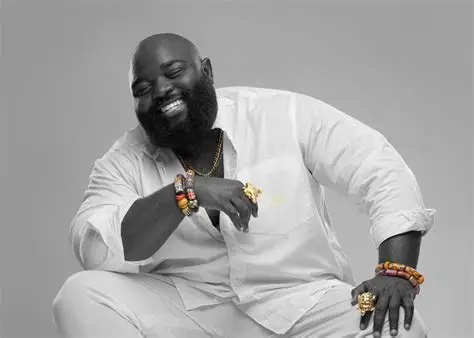
When creatives depend solely on YouTube, they build their brand on someone else’s land. Ownership—of content, platforms, and audiences—ensures long-term sustainability and creative freedom.
African creatives should explore launching personal websites, apps, or partnering with local tech platforms where they control distribution and revenue.
Many African stories and expressions don’t align with global algorithmic preferences. YouTube rewards clickbait or simplified narratives, but African creatives have deeper stories to tell—ones rooted in culture, heritage, and nuance. Thinking beyond YouTube allows creators to embrace forms and formats that reflect their values, not just virality.
The continent needs platforms that understand African languages, payment systems, data challenges, and content needs. Investing in local alternatives or building hybrid platforms could revolutionize how African creatives reach and monetize their audiences.
YouTube is a valuable tool—but it should not be the endgame for African creatives. To thrive in the global creative economy, African artists must embrace the power of ownership, diversification, cultural integrity, and innovation.
Thinking bigger than YouTube is not just about rejecting a platform—it’s about claiming full control of the creative journey and building legacies that last beyond likes, views, or subscribers. Africa’s creativity is limitless. Its distribution models should be too.
READ ALSO: Abronye Bail Denial, A Blow to Justice And Free Speech






